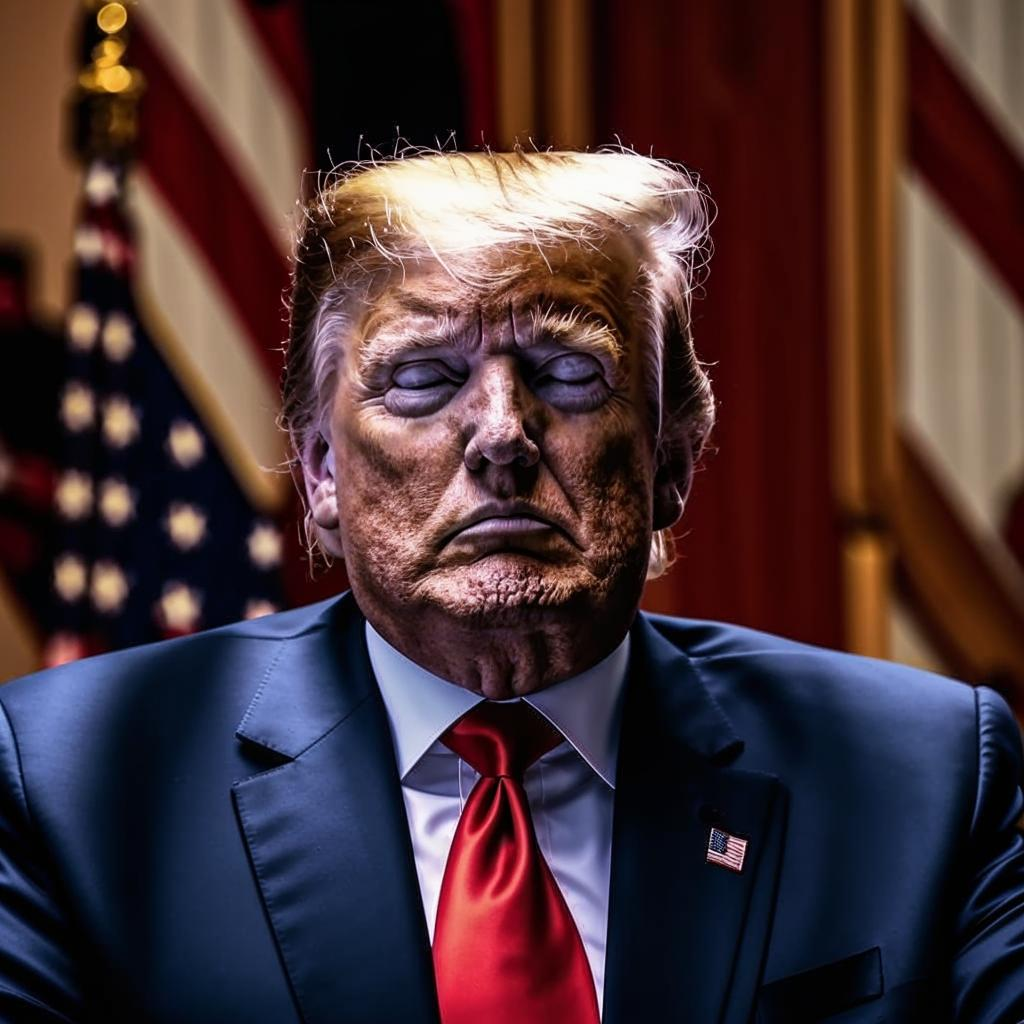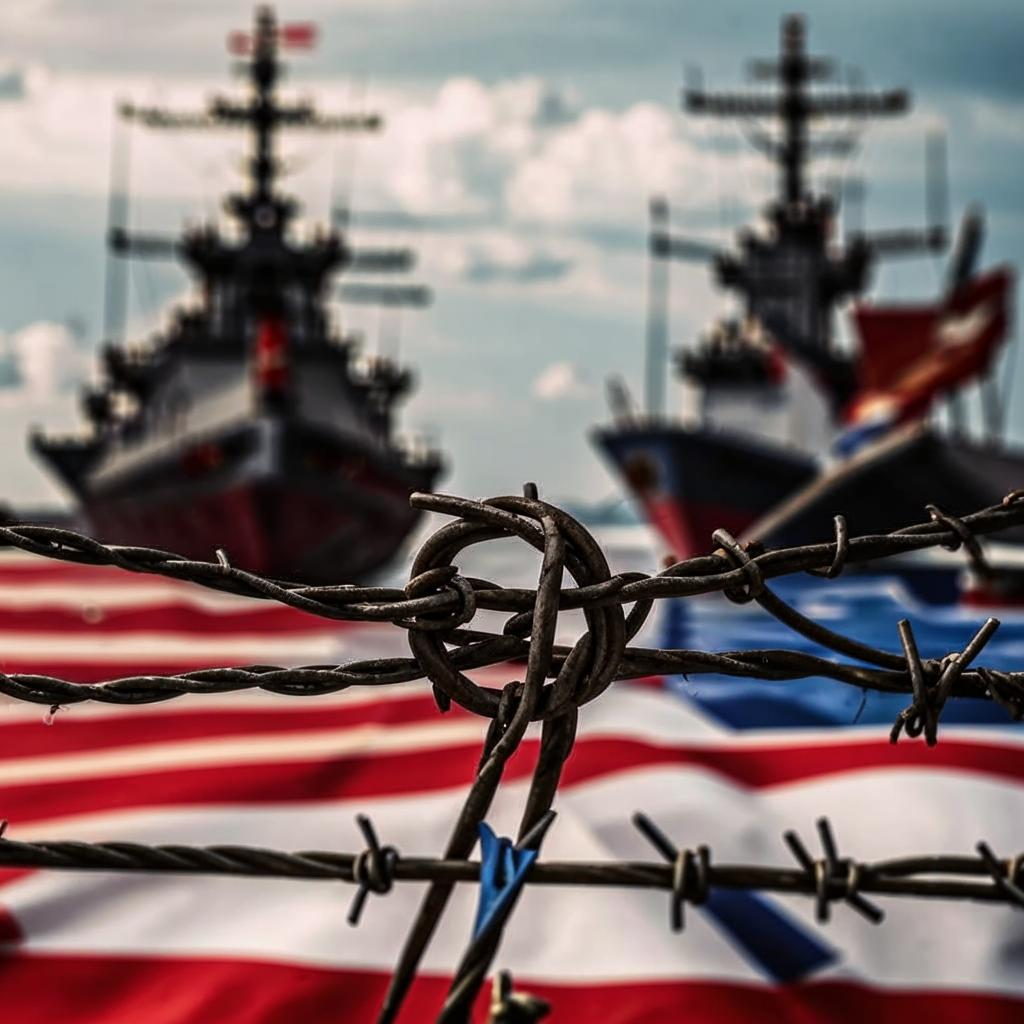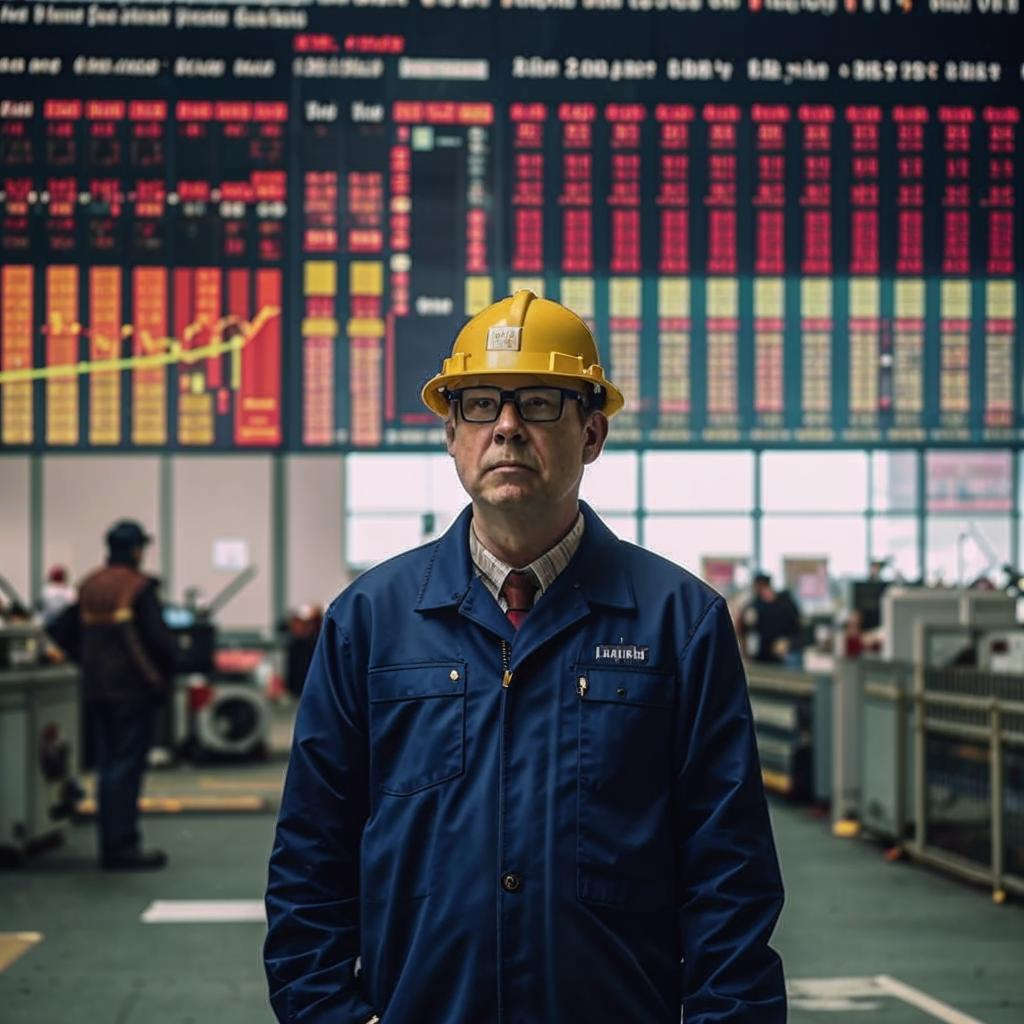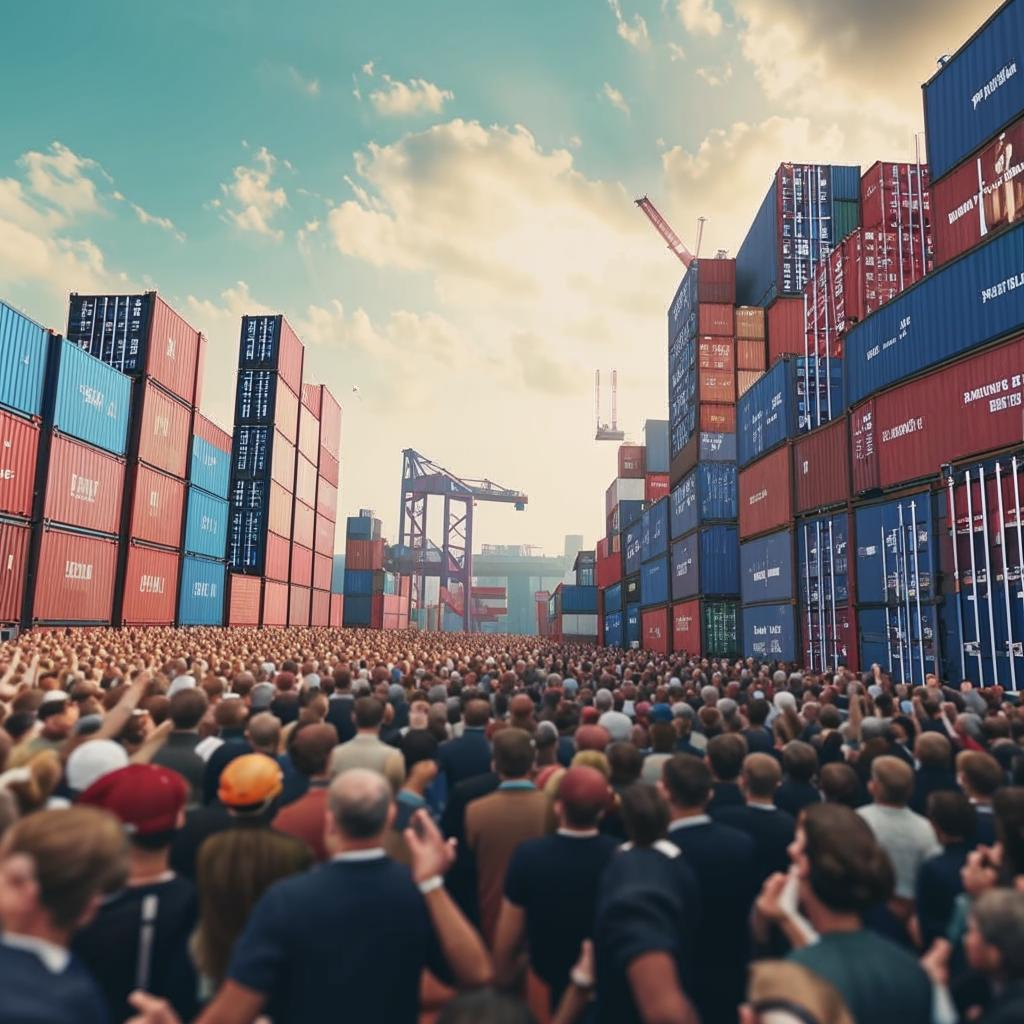President Trump is standing firm on his tariff policies, even as market volatility increases. The administration argues that these tariffs are crucial for protecting American industries and leveling the playing field in international trade. This stance comes despite growing concerns from businesses and economists who warn of potential negative impacts on economic growth.
The administration claims that the tariffs are designed to pressure countries like China into addressing unfair trade practices, including intellectual property theft and forced technology transfers. They maintain that short-term market fluctuations are a necessary price to pay for long-term economic gains.
However, critics argue that the tariffs are hurting American consumers and businesses by increasing the cost of imported goods. Some companies are struggling to absorb these costs, leading to higher prices for consumers and reduced profits for businesses. There are also concerns that retaliatory tariffs from other countries could further damage the American economy.
The situation is further complicated by the ongoing trade negotiations between the United States and China. While there have been some signs of progress, significant disagreements remain, and it is unclear whether a comprehensive trade agreement can be reached. The President’s continued commitment to tariffs suggests a willingness to escalate the trade conflict if necessary, which could have significant consequences for the global economy. The White House insists it is closely monitoring the markets and is prepared to take action to mitigate any adverse effects from the tariffs, but they have not specified what those actions might be. The debate over the effectiveness and impact of the tariffs is likely to continue as long as they remain in place.














